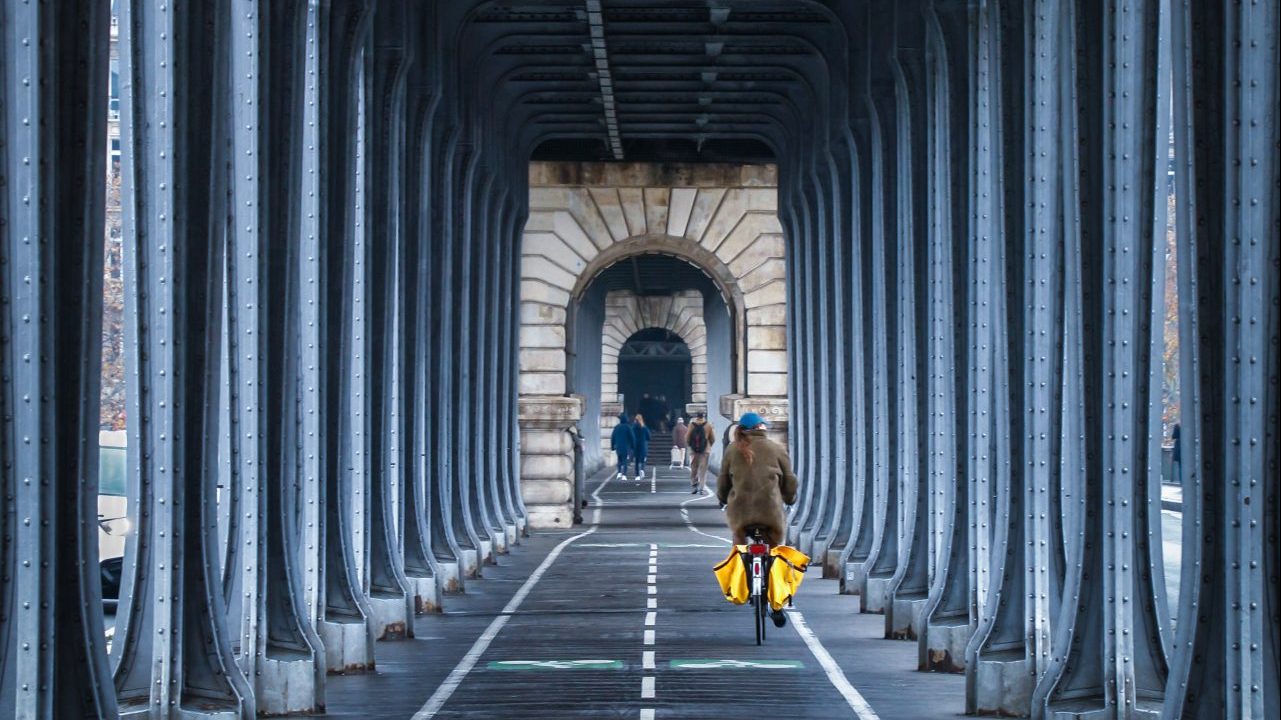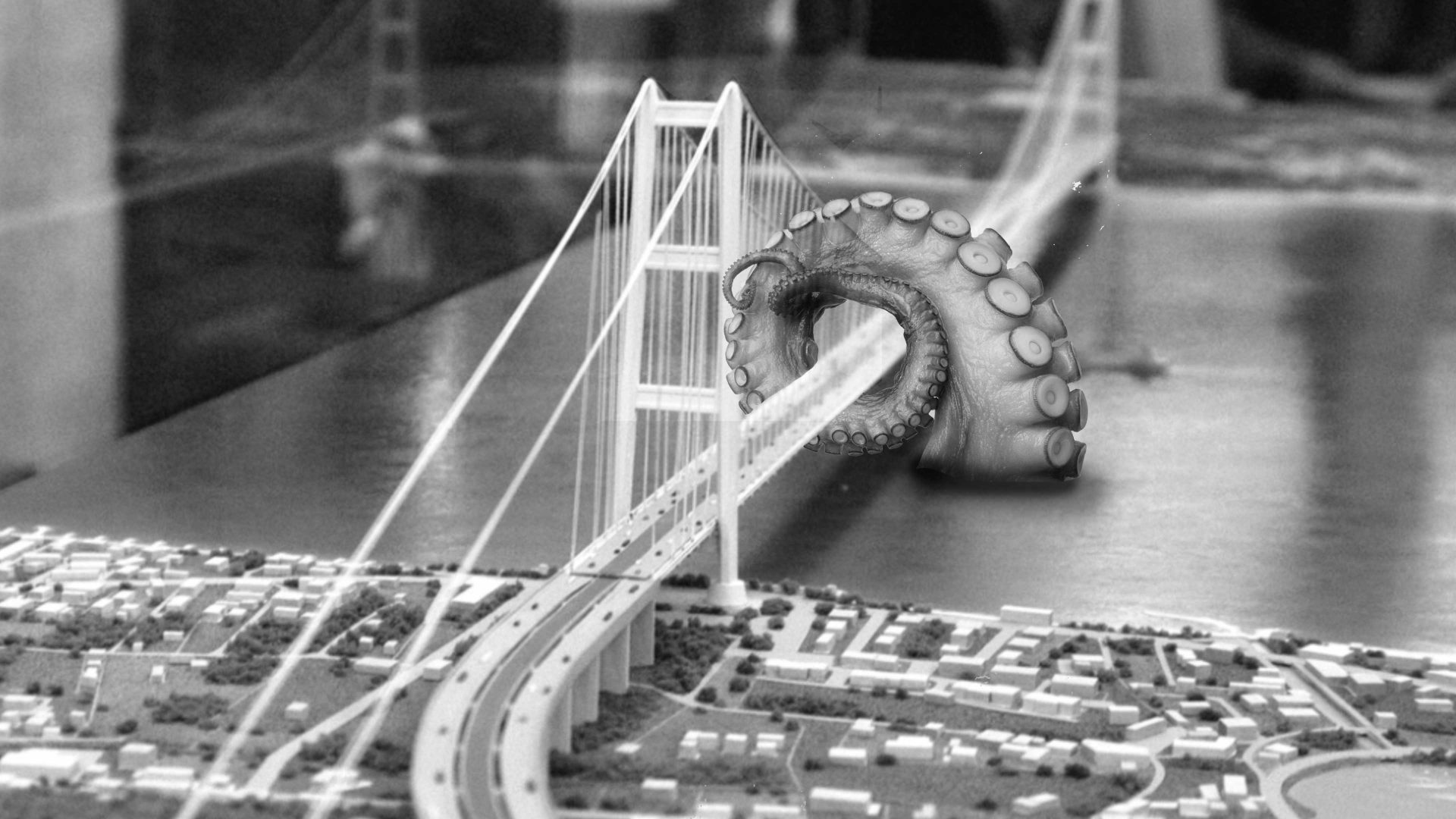The weather in Paris has been terrible this summer. Not like the wildfires in Greece and Spain, but in the traditional sense – between July 20 and August 2, we had 100mm of rain, a 20-year record.
On an ordinary Thursday a couple of weeks back, during what appeared to be a gap in the clouds, I took my chances and cycled to work. No more than five minutes passed before it began to bucket down.
As I sulked towards Bastille, getting increasingly concerned about whether my pannier is as waterproof as it says it is, the inner tube on my back tyre burst. Great! I locked up my bike and finished my commute on the Métro.
After work, I returned to find my bike as wet as I left it – a perfect excuse to get a long-overdue service. A quick look on my phone gave me eight bicycle shops to choose from, most of them with very few reviews – a testament to the rapid rise of cycling in Paris.
Mayor Anne Hidalgo has made cycling a central feature of her politics. Since her election in 2014, the total length of cycle lanes has doubled to around 1,500km. More than €250m (£214m) will be spent on “Plan Vélo” by 2026.
I am a happy beneficiary of this policy. My commute along the bicycle-friendly banks of the Seine, past Les Invalides and the Eiffel Tower, is a regular reminder of how lucky I am.
Every few months, it seems to get better. The road between Nation and Bastille, where my tyre burst, was recently paved with asphalt and cleared of everything except buses – and bikes, of course.
Though the plan has gained international attention for its sheer ambition and has become a reference for zealous city planners, it is certainly not without its detractors. Many of those are people who live outside the city centre, who have less access to public transport and rely on their cars to get to work.
A plumber I met the other day has no choice but to drive – he needs to carry his tools with him. From his perspective, and every taxi and Uber driver I talk to about it, the policy is discriminatory.
Another fault is how heavily the spending is concentrated inside the giant circle of the Paris périphérique, the ring road that surrounds the city centre and which forms a symbolic and physical dividing line between central Parisian elites and the suburban poor.
As someone who lives outside the city centre but cycles through it to get to work, I see this every day. As soon as I get into central Paris, my ride becomes immeasurably better.
But even within the périph, cycling remains a blood sport. Rarely do I make it to work without getting angry with someone or someone getting angry with me.
The number of cycling accidents has more than doubled since 2019 – I’ve seen three quite serious incidents in the past two years. A colleague of mine bought and sold her bicycle within six months after a few close calls.
The pace of change contributes to the danger. Unlike Amsterdam or Copenhagen, where cycling culture is quite old, Paris still has growing pains: pedestrians forget to look out for cyclists; drivers see us as a nuisance; many cyclists flout the rules; many more are just not very good at cycling. Throw tourists into the mix, and it can be chaos.
On returning to my bicycle after the weekend, the shop owner told me his new business “Vélo Vélo” is going well. At €70 for a full service, a clean and a new tube, I feel he could charge more.
On my way home, an electric scooter was going the wrong way down a narrow one-way cycle lane, forcing me to swerve. Typical.
Sometimes I think cyclists in Paris don’t need new bike lanes, but awards for bravery.



